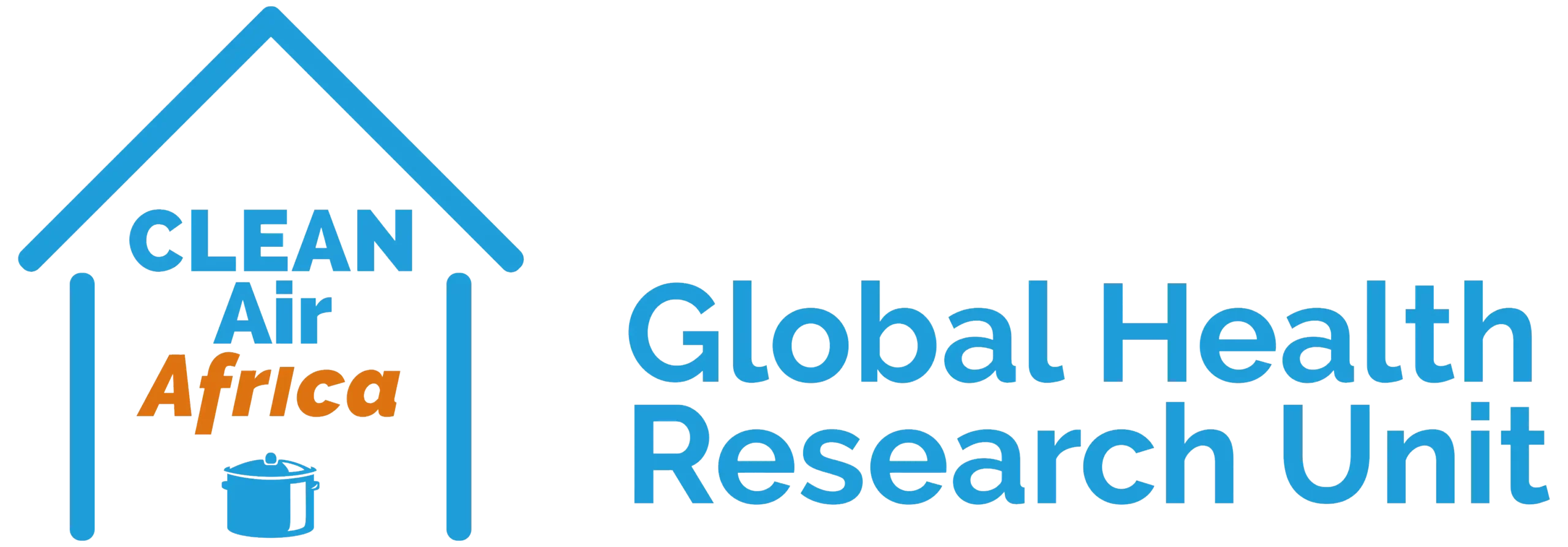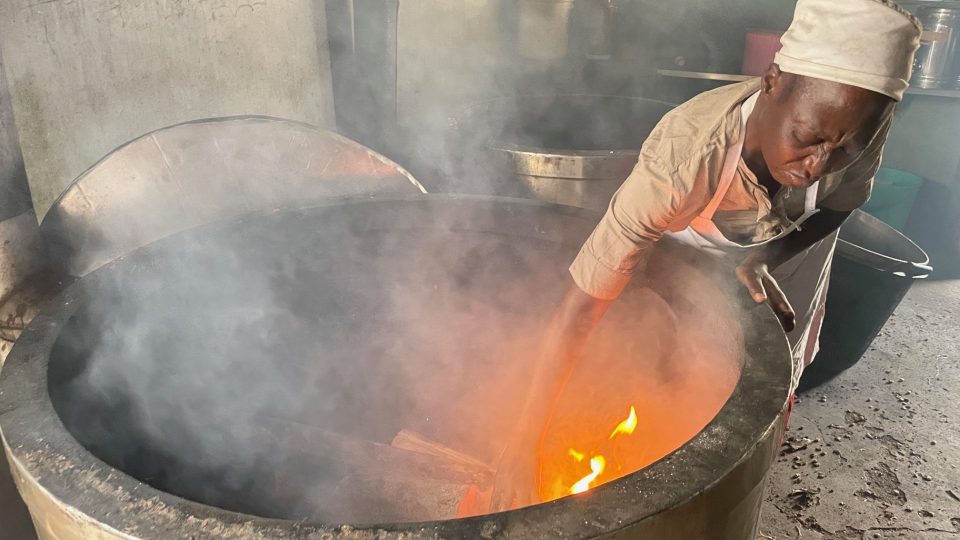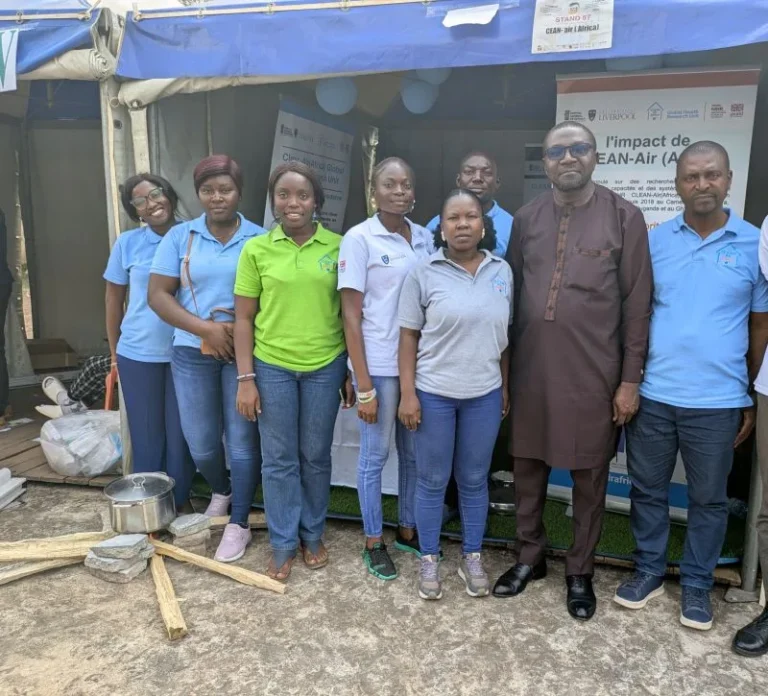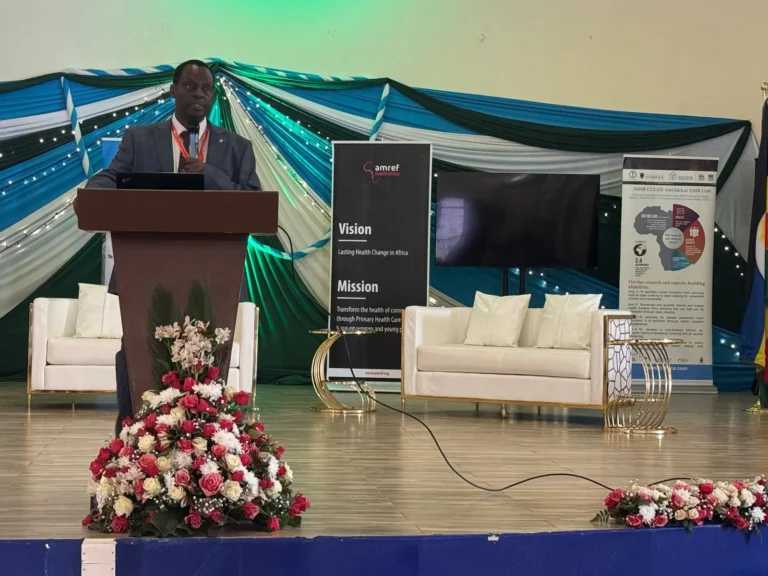The University of Liverpool and the Kenya Medical Research Institute (KEMRI) have officially partnered with Equity Group Foundation to evaluate the health impacts of transitioning Schools from reliance on wood fuel to clean cooking with Liquefied Petroleum (LPG) Gas under the Equity’s “Clean Cooking Initiative”.
In Kenya, more than 90% of schools depend on environmentally harmful wood fuel for cooking, with a typical boarding school consuming 250 tonnes annually. This practice results in high levels of particulate matter that are detrimental to health, significantly exceeding World Health Organisation guideline levels. This exposure extends beyond school kitchens, infiltrating classrooms and playgrounds.
The NIHR CLEAN-Air (Africa) Global Health Research Unit, spearheaded by the University of Liverpool and KEMRI, will employ mixed-methods research and advanced air pollution monitoring to evaluate the impact of the “Clean Cooking Initiative” on the health of cooks, teachers, and students, as well as educational attainment. The findings will guide policy, innovation, and capital allocation for strategic scaling of clean cooking in learning institutions and other public establishments across Kenya and beyond.
Professor Dan Pope, Professor of Global Public Health at the University and Director of the NIHR Global Health Research Unit on CLEAN-Air (Africa) stated “This partnership provides a fantastic opportunity to document the health, environmental and educational gain that can be achieved for schools converting to clean, modern cooking. The ambitious scale of the Equity Clean Cooking Initiative will provide a template across East Africa where the majority of schools rely on substantial quantities of polluting fuel wood for their catering needs”.
Dr James Mwitari, a senior research fellow of Environmental Health & Epidemiology and Co Director Clean Air Africa based at KEMRI – CRDR, said ‘’The vision of transitioning schools to clean cooking fuel
by 2025 in tandem with the recent presidential decree is on course and achievable with collaborative arrangements such as this. However, it’s regrettable that the ongoing school research has shown that the PM 2.5 which is a notorious health damaging pollutant is being produced from the school kitchens that are using biomass in excess of the WHO guidelines thus putting cooks, children and teachers at risk of developing pulmonary and cardiovascular diseases. This is in addition to such smoke emitted from school kitchens being a contributing factor to school absenteeism and probably poor cognitive performance of the children’’.
Prof Elijah Songok, Director General KEMRI exuded confident that the efforts being proposed by this great partnership between KEMRI, University of Liverpool and Equity will enhance clean air in the region. ‘’ As an institute we are strongly committed towards the objectives of this project that seeks to evaluate the health impacts of transitioning schools from reliance on wood fuel to clean cooking with Liquefied Petroleum Gas [LPG]. And with such collaborative efforts and commitment from the partners and current government, the challenges that come with air pollution will be a thing of the past’’. Equity has been facilitating schools to transition to clean cooking with LPG in Kenya. Through this partnership, Equity will build the capacity of institutions to transition to clean cooking and will also work closely with the CLEAN-Air Africa team to measure health impacts before and after transition in institutions across Kenya and further support in disseminating the study findings to relevant stakeholders with key target to policy makers to influence policies.
Eric Naivasha, Associate Director, Energy, Environment & Climate Change at Equity Group Foundation commented on the partnership saying, “Kenya’s education sector alone consumes over 10 million trees
annually to keep their kitchens operational. This leads to deforestation, greenhouse gas emissions, and adverse health outcomes. Aware of these repercussions, Equity, along with our technical partners, developed a clean cooking initiative targeting learning institutions to transition from biomass fuel to cleaner fuels like LPG. Our partnership with CLEAN-Air (Africa) will enable us to measure the health impact of clean cooking transitions, playing a pivotal role in shaping policy dialogue, investment flow, and the expansion of clean cooking interventions.” About Equity Group Foundation Equity Group Foundation (EGF), the corporate implementing foundation of Equity Group Holdings Plc, has as its mission to champion the transformation of lives and livelihoods for 100 million people in Africa by 2025 through the design and implementation of innovative programs that leverage Equity Group’s infrastructure and partnerships to create shared value. Established in 2008 as the Group’s social engine, the Foundation delivers economic opportunities, capacity, tools, and technologies that enable individuals and businesses to increase productivity, resilience and share in socio economic growth.
EGF responds to the continuum of issues that challenge the socio-economic advancement of the people of Africa, especially low-income individuals, and families. EGF’s Creating Shared Value [CSV] strategy provides social development initiatives in Education and Leadership Development, Food and Agriculture, Health, Financial Inclusion and Entrepreneurship Development, Energy and Environment and Social Protections for the most vulnerable citizens. EGF’s programs are underpinned by technology, innovation, and synergy as a central means to launch, nurture, and scale up Africa’s next generation of successful leaders and entrepreneurs delivered to all communities in which Equity has operations.
Find the original press release for this article at the following link:
https://www.kemri.go.ke/wp-content/uploads/2024/02/Press-Release-Equity-KEMRI-UoL_7-5-24.pdf





